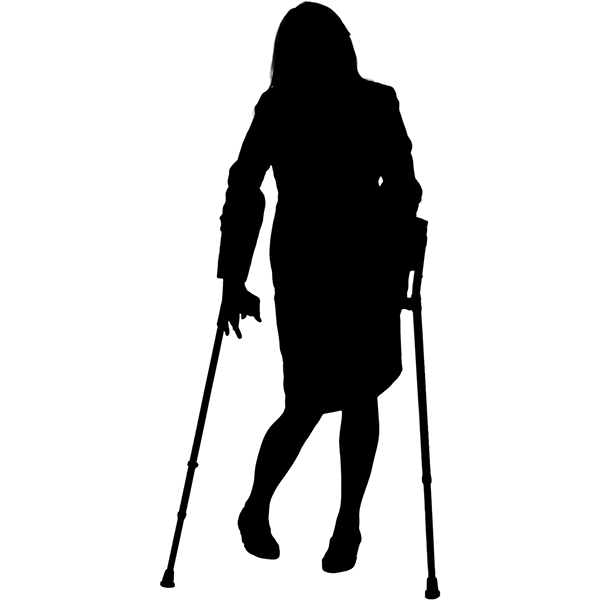An Intersectional Approach to Sexual Violence
The Intersections of Sexual Violence
If someone is a member of more than one marginalized group they experience multiple layers of intersecting oppressions. The word intersectionality was introduced by scholar and activist Kimberlé Crenshaw to describe how systems of power interact to oppress people with multiple marginalized identities, specifically Black women.
A victims'/survivors’ position within society – their identity, background or situation - can impact how a person experiences sexual violence. It can also impact their ability to access support, as well as how other people will interpret and respond to a disclosure. It can also influence if they report sexual assault to authorities. Sexual violence has been used, and continues to be used as a tool of colonization, slavery and war.
Engage
Click on the people below to explore some of these perspectives.
-

The ongoing and lasting impacts of colonialism and racism (such as poverty) make Indigenous women vulnerable to violence. Racist and sexist stereotypes about Indigenous women also send the message that people won’t notice or react quickly if an Indigenous woman is subjected to violence or goes missing. This has contributed to the current crisis of missing and murdered Indigenous women; thousands of Indigenous women have gone missing or been murdered in Canada in recent decades.
-

Transgender people often encounter transphobia, are misgendered, or called by their birth names when accessing support services. Women of colour also cite high rates of racism when accessing health care. They also may not feel welcome at an agency that typically doesn’t serve transgender women. These intersecting realities may discourage a racialized transgender woman from seeking medical care or support.
-

People with disabilities are often dehumanized, denied agency, or seen as not being sexual or desirable. Because society falsely equates sexual violence with desire, they may not be believed when they disclose.
-

Enslaved Black women were considered property and raped by white male slave owners. Slave owners justified this violence by promoting the idea that Black women were always ready for sex and therefore could not be violated. This idea persists and is one example of the racism and sexism that contributes to high rates of sexual violence against Black women.
Reflection Activity:
What are other examples where identity, background or situation can impact how a person experiences sexual violence? Add your thoughts to your notes using the button.



